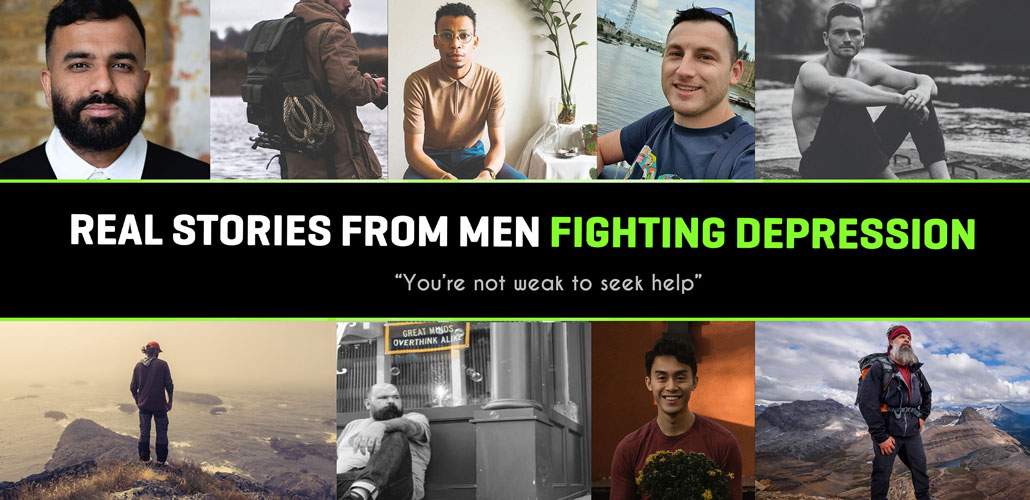
Joe's Story
Joe shares how his experience of accepting his sexuality as a gay man was a major turning point in his recovery from depression.

Joe shares how his experience of accepting his sexuality as a gay man was a major turning point in his recovery from depression.
"Your mental health is nothing to be ashamed of."
About Joe:
My name is Joe and I work in social media marketing within the Higher Education industry in the UK. I am passionate about promoting positive mental wellbeing to the student community; however, I have frequently had my own struggles with anxiety and depression.
I struggled with anxiety and depression for a long time as a teenager and young adult. I am gay, and whilst my identity is now an important part of my life, I struggled to come to terms with my sexuality for a long time. I was a very quiet teenager and didn’t make any lasting friendships at university. I used my time to focus on doing well academically, shutting myself away and punishing myself for any “gay thoughts” that entered my head.
Needless to say, my mental health wasn’t great! I came out when I was 21, but was still very conservative with my attitudes towards LGBTQ+ issues and had no real understanding of mental illness. The turning point for me came when I met my current partner, seven years ago, who had experience with mental illness, and convinced me to reach out for help. His compassion, as well as a great doctor and very caring managers at work, helped me on the path to recovery. I was put onto a great medication plan and had a long period of counselling and CBT. Thanks to this, I was able to form some strong social connections, explore and enjoy my sexuality a lot more, and advance in my career.
Unfortunately, I have been knocked back quite a bit by the COVID-19 lockdowns and working from home, so I am back struggling with my mental health, however thanks to my experiences as a young adult, I reached out for help much earlier on, and have been much more open about my current illness with my family, friends, and employer.
Acceptance
Medication
Getting outside
Come out, if you think you might be LGBTQ+
Reach out
Let it out
Get out
Look out
– Joe Hudson, Hampshire, United Kingdom
Help us explore the complex connections between men's mental health and their romantic relationships by participating in the Men and Relationships Study. Your insights will contribute to a deeper understanding of how relationships impact well-being, helping to shape better mental health support for men.
Participants may enter a draw for one of four $100 prepaid Mastercards.
Take the survey today and be part of this important research.